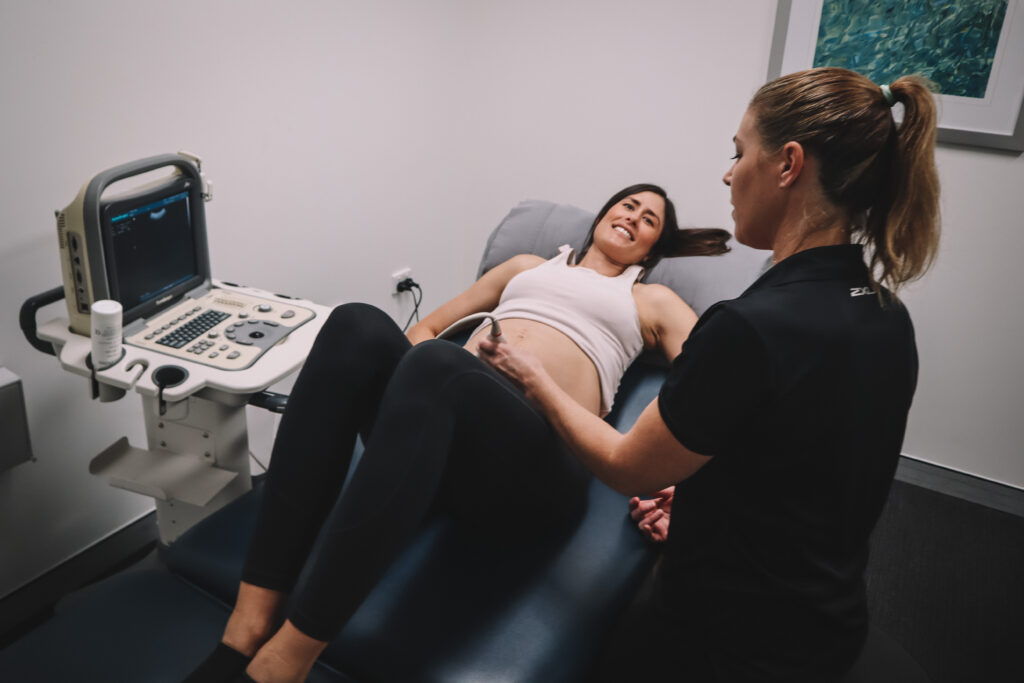Where are the pelvic floor muscles?
A small group of hammock like group of muscles extending from your pubic bone at the front to your tailbone at the back.
What do they do?
The pelvic floor is a group of muscles that; support the pelvic organs, help to control your bladder and bowel function, such as when you need to “hold on” and visit the bathroom at an appropriate time, assist sexual function, provide postural support for your lower back and pelvis. It is important for men, women, and children to maintain good pelvic floor coordination and function across the lifespan.
Why they are important?
A weakened pelvic floor can be due to various causes, such as pregnancy, childbirth, menopause, pelvic surgery, regular straining on the toilet, chronic cough, radiotherapy, heavy lifting and even some athletes can have a weakened overactive pelvic floor.
Overactive pelvic floor (more tense muscles) can also lead to a variety of concerns, such as pelvic pain, pain with intercourse, urinary leakage with exercise or on the way to the toilet. Difficulty emptying the bladder and bowels can also be a sign of pelvic floor concerns.
Watch this space for our regular posts on pelvic health topics. For more information or to book a pelvic health Physiotherapy appointment please contact us on 94486588


